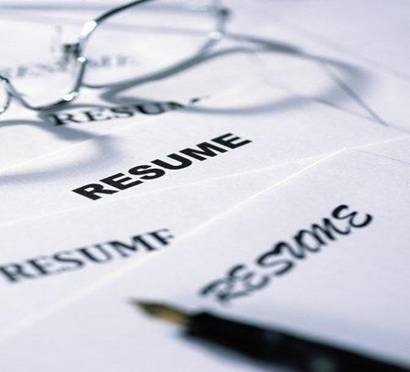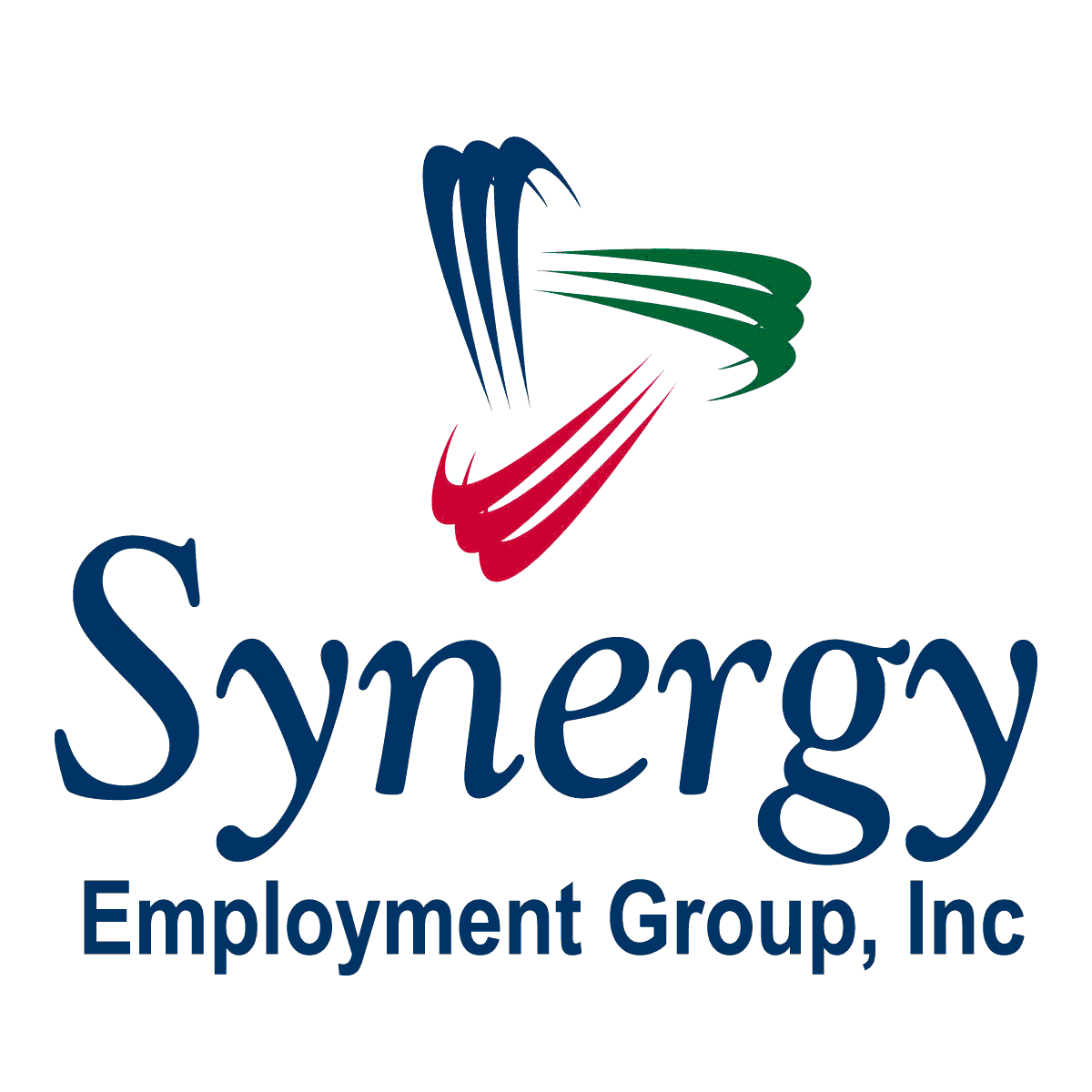
In The News:
Articles of Interest
 These
are articles, news stories and facts concerning the Job Market in Pennsylvania
and the US.
These
are articles, news stories and facts concerning the Job Market in Pennsylvania
and the US.
Resume Tips

Employers typically skim resumes for less than a minute, and their decision to interview a candidate is usually based on that first overall impression. From our past experience working with employers, we know what employers are looking for. Here's how to impress them in 30 seconds flat.
Customize it. An effective résumé must
quickly and clearly convey to the employer how you meet the
specific requirements of the position they are trying to fill.
Instead of sending a generic résumé to every company, target the
positions you are applying. Start by identifying the particular
skills and experiences sought, and adapt your résumé
accordingly, ensuring that each of these requirements is
specifically addressed. Include keywords mentioned in the job
postings to really grab the employer's attention.
Start with a bang. The top third of the page
is the most valuable real estate on your résumé. Don't waste it!
Open with a powerful statement on your objective, incorporating
a couple of strong selling points about yourself (e.g. your
years of experience, your expertise, etc.) For a more modern
approach, omit the objective and open with a tag line and a
high–impact summary statement, immediately telling the employer
what you have to offer.
Lead with your strengths. Follow up your
compelling headline with your most relevant and significant
information. If you have many years of pertinent experience or
sharp technical skills, open immediately with those. If you have
little or no real work experience but you've just obtained a
degree in your field, start by listing your education first.
Many employers simply skim through the first part of a résumé,
so it is important to tell them what they want to know right
away.
Get to the point. Tell the employer what they need to know in the most succinct and concise way. Do not lose their attention by going into tedious detail about every single accomplishment (you can discuss these further in the interview you'll land with your exceptional résumé.).
- Avoid vague, generic terms, and use quantifiable examples when possible. For example, "strong leadership abilities" is a relatively weak statement, as compared to "supervised a team of 15 welders", which proves your leadership qualities.
- Use action words to add life to your résumé, such as "achieved", "developed", "managed", etc.
Presentation is everything. Think of your résumé as a promotional device. It must be attention–grabbing, easy to read, and professionally presented.
- Use bulleted sentences, rather than wordy paragraphs. This makes your résumé easier to scan and absorb.
- Keep it to two pages – any longer and you risk overwhelming and frustrating the reader.
- Run a spell and grammar check. Spelling errors, typos, and poor grammar leave the reader with the impression that you are careless and not detail–oriented.
- Ensure that the important information stands out. Reviewers often scan for companies worked for, job titles, and dates. Use a bold typeface to ensure they are clearly visible.
- Ensure that formatting is uniform and appealing. Choose a pattern of spacing, typeface, and highlighting, and apply it consistently.
Have someone review it. Despite the best proofreading efforts, it is often difficult to spot your own errors. It is also sometimes challenging to truly evaluate yourself in the most positive light, which means you may fail to communicate all your accomplishments. A reviewer can help you discover mistakes and omissions made unconsciously and can point out items that are confusing to the reader.













